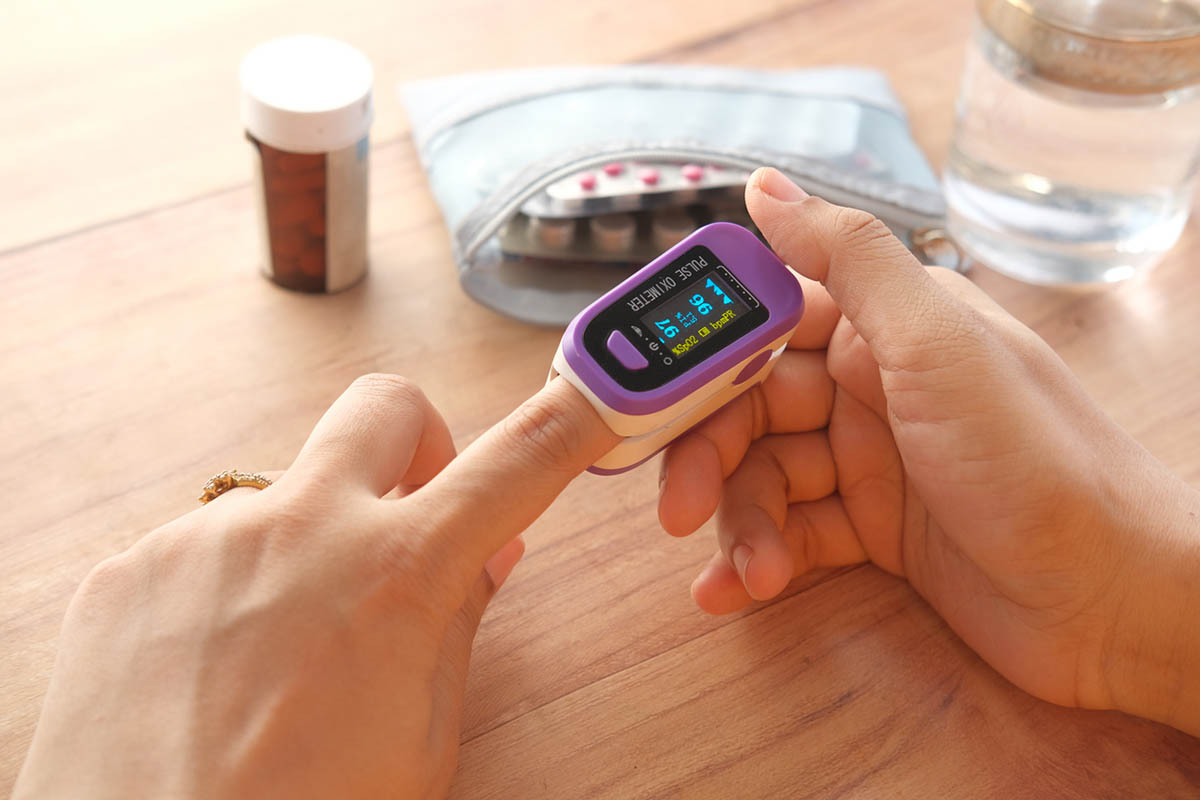Objective: To determine the efficacy and tolerability of aripiprazole, a dopamine D2 and 5-HT1A receptor partial agonist, as augmentation of antidepressant treatment of partially responding and nonresponding patients with major depressive disorder.
Method: Fifteen patients with major depressive disorder (diagnosed with a site-generated form described in the text) and an incomplete response or no response to >= 8 weeks of antidepressant (selective serotonin reuptake inhibitor, venlafaxine, or bupropion) monotherapy were treated with aripiprazole augmentation in an 8-week, open-label study. Data were gathered from July 2003 to March 2004.
Results: The mean duration of antidepressant monotherapy at baseline was 43.1 weeks. At baseline, mean Clinical Global Impressions-Severity of Illness scale and Hamilton Rating Scale for Depression (HAM-D) scores were 4.3 and 18.9, respectively. After initiation of aripiprazole augmentation, 6 of 15 patients achieved remission (HAM-D score <= 7) at week 1, and 9 of 15 patients remitted by week 2. All 8 completers achieved remission by study endpoint. Akathisia in 2 patients who withdrew prematurely prompted a reduction in the starting dose of aripiprazole from 10 mg/day to 2.5 mg/day, resulting in a 50% reduction in attrition due to akathisia (2/7 withdrew due to akathisia with the 10-mg starting dose, 1/8 withdrew due to akathisia with the 2.5-mg starting dose). Discontinuation rates after 4 weeks of treatment were lower for the 2.5-mg starting dose (1/8 patients) than for the 10-mg starting dose (3/7 patients). Overall discontinuation rates at endpoint were lower for the 2.5-mg dose (3/8 patients) than the 10-mg dose (4/7 patients). Response to aripiprazole augmentation did not appear to be related to the antidepressant used at study initiation.
Conclusion: Aripiprazole is an effective augmentation strategy for improving therapeutic response in patients with treatment-resistant major depressive disorder when administered in combination with standard antidepressant therapy. Based on this clinical signal, a double-blind, placebo-controlled trial is warranted.
Author Affiliations

Enjoy free PDF downloads as part of your membership!
Save
Cite



